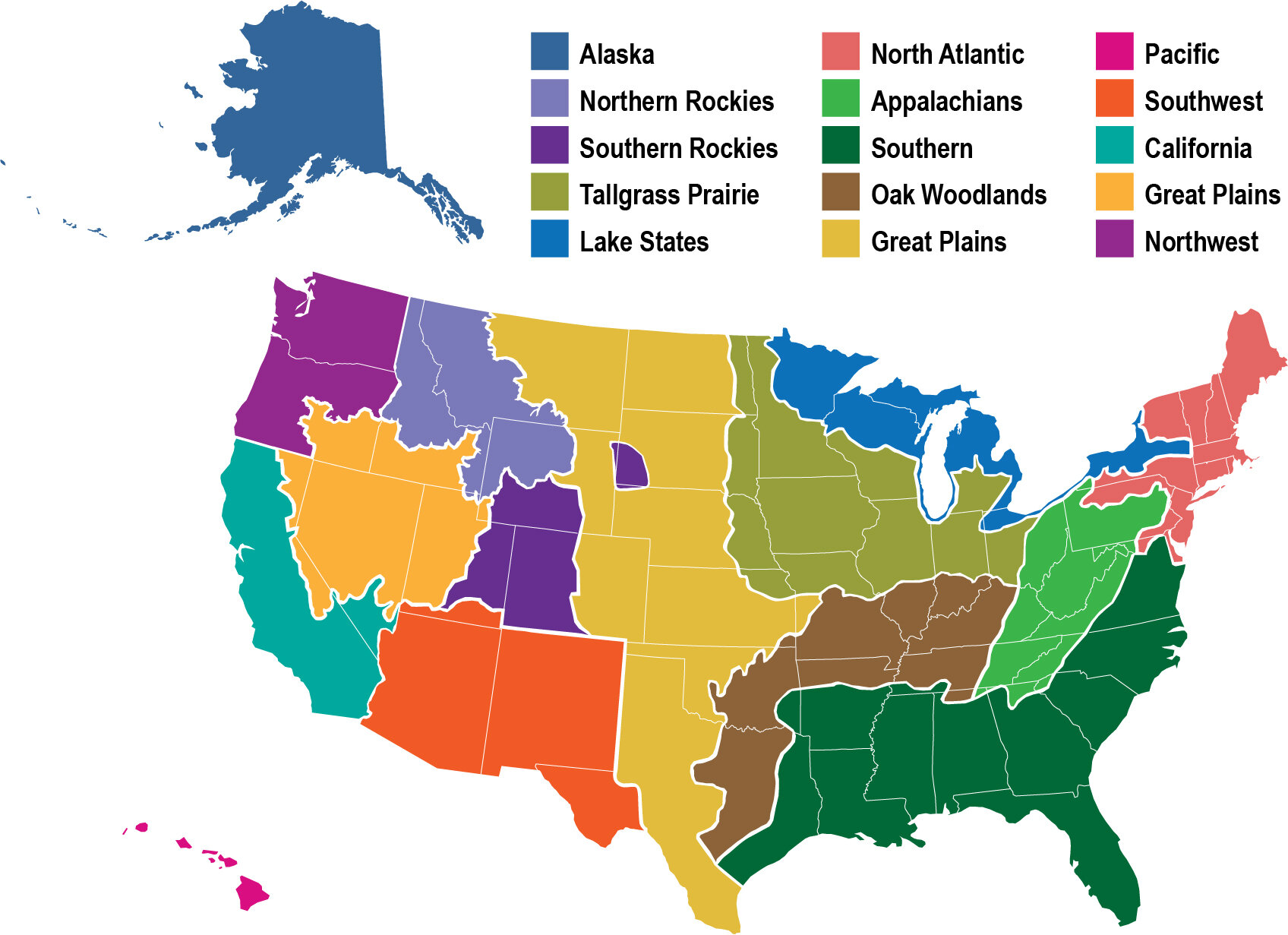See flyer here.
Abstract
California’s Sierra Nevada forests are a stage upon which the interacting effects of historic management and anthropogenically-driven climate change are playing out in real time. A vast body of literature provides evidence that these forests are out of character and poised for abrupt ecological changes under the status quo. We, as California’s forest stewards, have the knowledge and tools to build resilience and adaptive capacity into our forests to better prepare them for the uncertain climate and disturbance conditions of the future. Yet, although “adaptive management” and alternative silvicultural approaches have been proposed for decades, we lack evidence of adaptive management in action as well as empirical testing of climate change mitigation strategies. California’s Adaptive Management Experiment (AMEX) born out of this critical need to identify silvicultural tools to help managers face the daunting challenge of mitigating climate change impacts on forests. The pilot experiment was established in the Sierra mixed-conifer forest, with the underlying principles that 1) climate change will threaten forest persistence in significant but uncertain ways, and 2) silvicultural interventions will be necessary to increase the odds of forest persistence potential. Ultimately, AMEX is a bet-hedging strategy in which we leverage modified silvicultural approaches and facilitate adaptation to increase the odds of forest persistence now and into the future. Here, we present the experimental design and initial post-treatment results while also providing details on various silvicultural strategies that California’s forest managers may consider to meet contemporary challenges and mitigate future detrimental impacts on forest function.
Speaker Bio
Sarah Bisbing is an Associate Professor of Forest Ecosystem Science at the University of Nevada, Reno. Sarah joined UNR in 2017 after four years as an Assistant Professor at Cal Poly – SLO. Sarah also serves as the Director of UNR’s school Forest, the Whittell Forest & Wildlife Area, in which she is responsible for leadership, programmatic development, grantsmanship, and administration of the Forest. She holds a B.S. and M.S. in Forestry from the University of Montana (go, griz!) and a PhD in Ecology from Colorado State University. Sarah’s science centers around assessing forest persistence potential under current climatic and disturbance conditions and then doing something to improve the outcomes! She is passionate about forest workforce development (i.e., training the next generation) as well as matching our science to action (i.e., getting stuff done).
*** This talk will also be streamed via Zoom. Sign up here. ***



